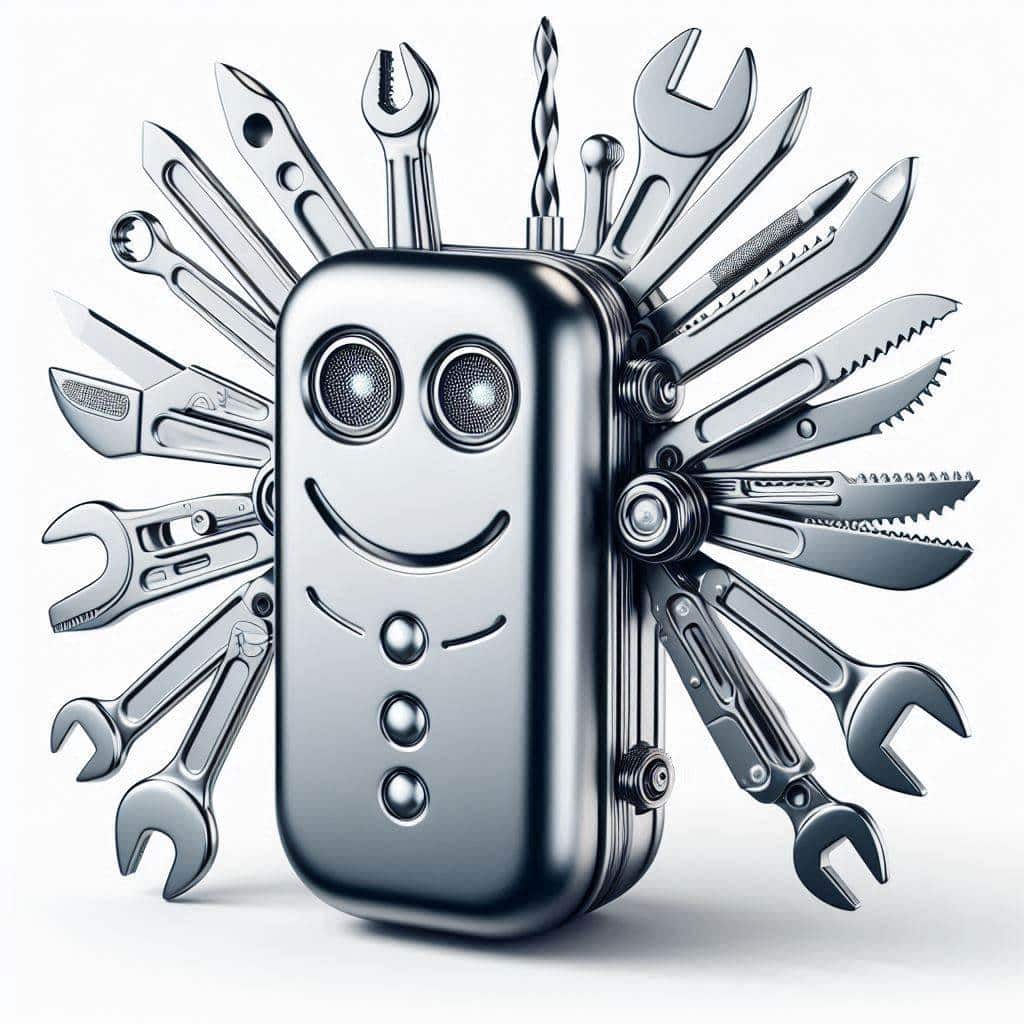The integration of Artificial Intelligence (AI) into Human Resources (HR) is no longer a futuristic concept but a rapidly evolving reality, even within the dynamic business landscape in the Philippines. From streamlining recruitment and automating administrative tasks to enhancing employee engagement and personalizing learning experiences, AI offers immense potential to revolutionize HR functions. However, this technological advancement brings forth a critical consideration: the ethical imperative of its implementation. Building trust and fostering a positive employee experience in the age of intelligent workforce solutions hinges on a mindful and ethical approach to AI adoption.
One of the most significant ethical concerns arises in bias in hiring. AI algorithms are trained on historical data, and if this data reflects existing societal or organizational biases related to gender, race, or other protected characteristics, the AI system will inevitably perpetuate and even amplify these biases in candidate screening and selection processes. This can lead to discriminatory outcomes, hindering diversity and inclusivity efforts. Organizations in the Philippines, known for their diverse talent pool, must be particularly vigilant in ensuring their AI-powered recruitment tools are rigorously audited for bias and trained on diverse and representative datasets. Transparency in how AI evaluates candidates is also crucial, allowing for human oversight and intervention when necessary to ensure fairness.
Data privacy is another paramount ethical consideration. AI in HR often involves the collection and analysis of vast amounts of sensitive employee data, including personal information, performance metrics, and even health-related details. Ensuring the security and confidentiality of this data is not just a legal requirement under regulations like the Data Privacy Act of the Philippines, but also a fundamental ethical obligation. Organizations must implement robust data protection measures, be transparent with employees about how their data is being used, and obtain explicit consent where required. Failure to prioritize data privacy can erode employee trust and lead to significant reputational damage.
Furthermore, the increasing use of AI in performance management necessitates careful ethical scrutiny. While AI can provide data-driven insights into employee performance, there are concerns about the lack of transparency and potential for algorithmic bias to unfairly influence evaluations and career progression. Employees in the Philippines, like their global counterparts, deserve to understand how AI is contributing to their performance assessments and have avenues to contest potentially biased or inaccurate AI-driven evaluations. Implementing AI in performance management should focus on providing constructive feedback and supporting employee development, rather than solely relying on automated metrics that may lack crucial contextual understanding.
Embracing ethical AI in HR is not just about mitigating risks; it’s about actively building trust and improving the employee experience. When employees understand that AI is being used fairly, transparently, and with their well-being in mind, they are more likely to embrace these technologies and perceive them as tools that empower rather than threaten them. This fosters a more positive and engaged workforce. For instance, AI-powered chatbots that provide quick and accurate answers to HR-related queries can enhance employee convenience and satisfaction, but only if employees trust that their interactions are secure and their information is handled ethically.
In conclusion, as organizations in the Philippines, and beyond increasingly leverage the power of AI in HR, a strong ethical framework is not just advisable – it’s an absolute imperative. Addressing potential biases in hiring, safeguarding data privacy, ensuring transparency in performance management, and prioritizing the employee experience are fundamental pillars of ethical AI implementation. By consciously embedding ethical considerations into every stage of AI adoption, businesses can build trust with their employees, foster a more inclusive and equitable workplace, and ultimately harness the true potential of intelligent workforce solutions for sustainable growth and a thriving organizational culture
Related
The Importance of Human Resource as a Function: Strategic Workforce Planning

Summer works as People Manager at MIW overseeing the APAC region. A proud cat parent and book lover.




